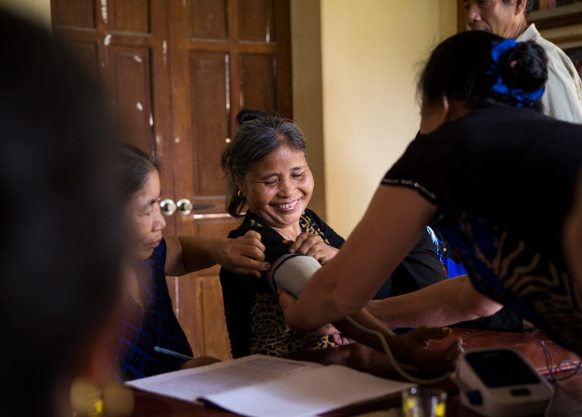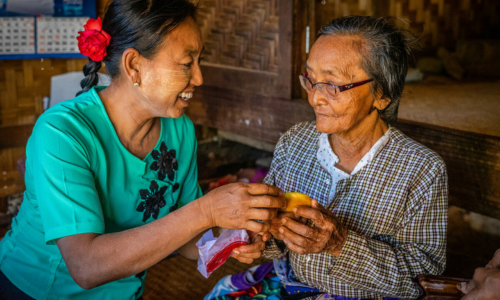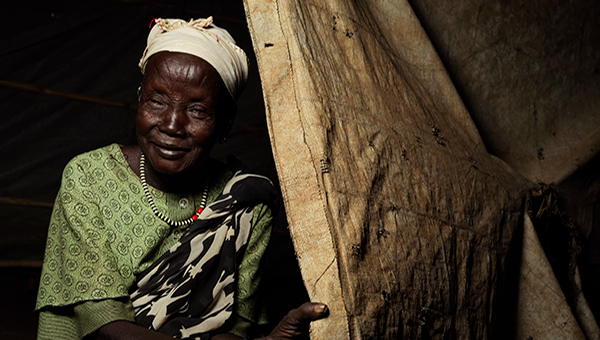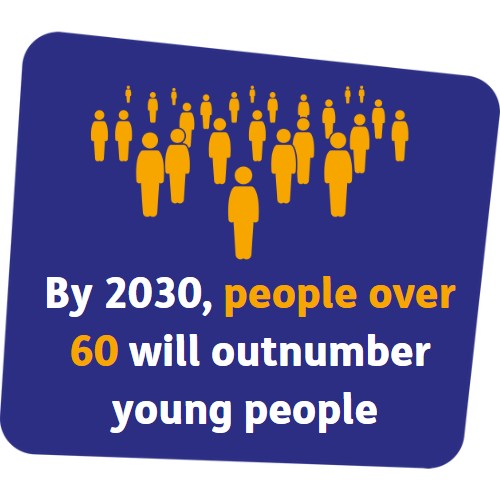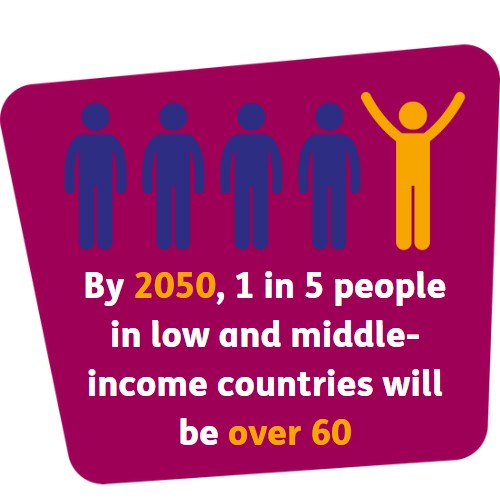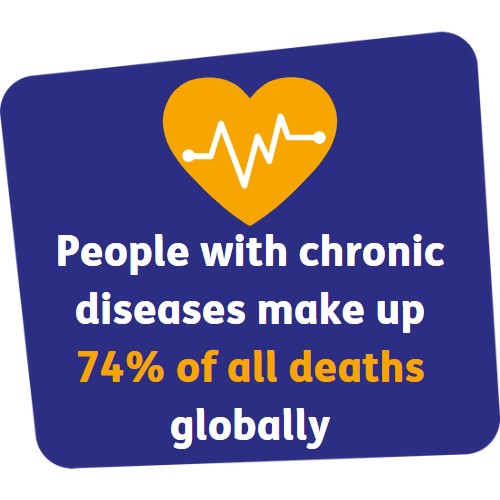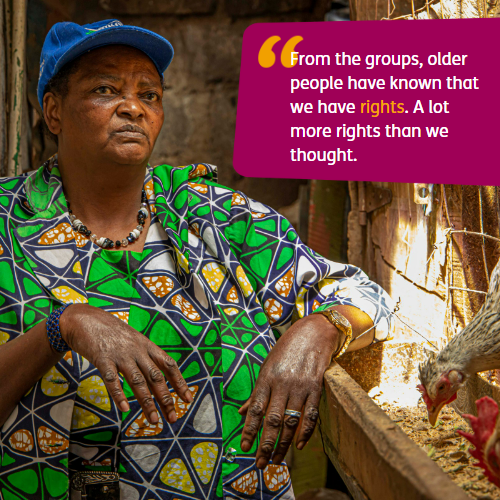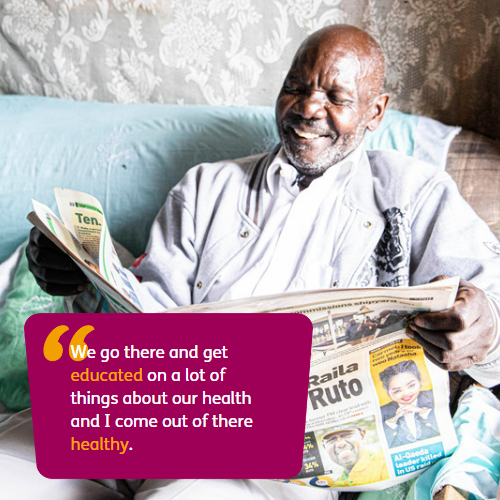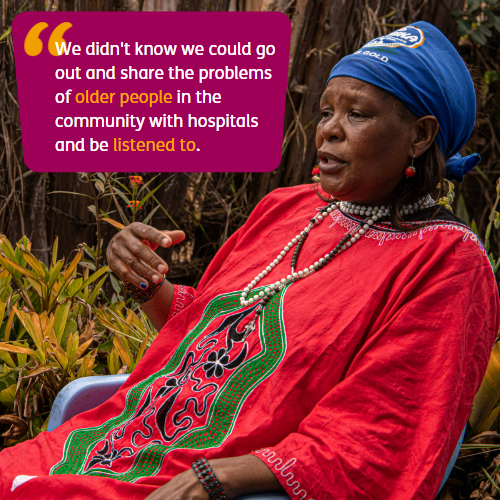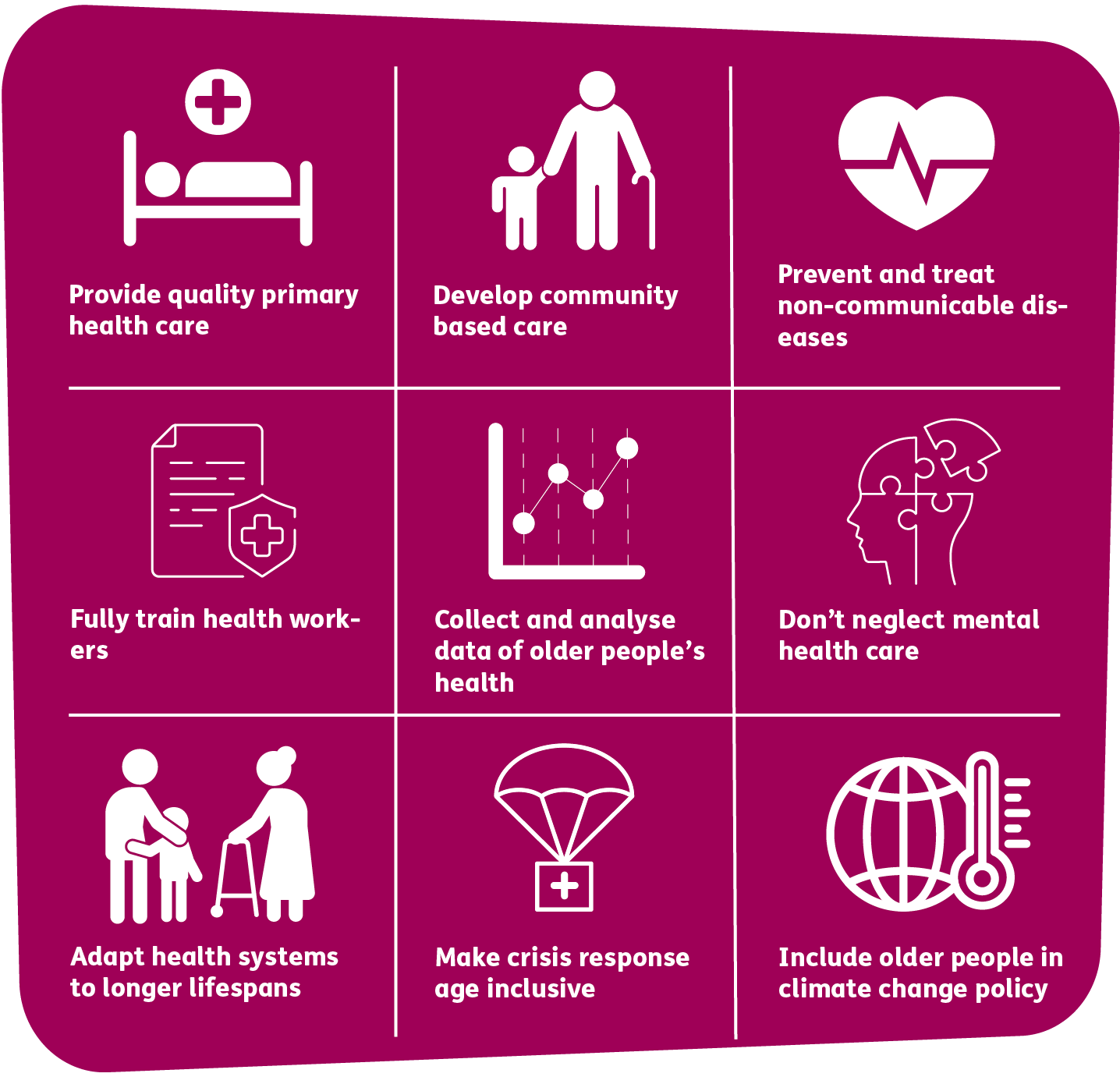We must invest in older people's health
Chronic diseases such as diabetes, cancer and hypertension are now the leading cause of death and disability in low and middle-income countries. These conditions, known as 'non-communicable diseases', disproportionately affect older people.
Despite this, healthcare investment and policy have neglected the issue in favour of infectious diseases. Older people are often excluded from the health data that policymakers rely on to make decisions. Health services aren't sufficiently equipped to meet their needs, and older people’s health is missing from mainstream medical training. On top of this, for older people living in poverty the cost of transport, attending a doctor or buying basic medicines is unaffordable.
By bringing healthcare education and services into the community, for example through Older People’s Associations, those most in need of health support can access it. Health and care workers trained in older people’s health can provide better and more cost-effective healthcare. And by better treating and preventing chronic diseases, older people can continue to carry out the many varied roles and responsibilities they hold in their communities.
